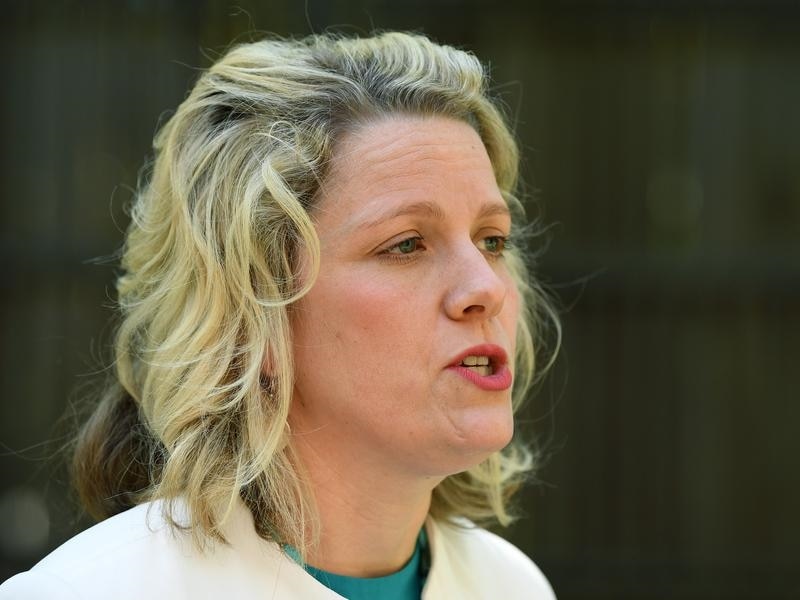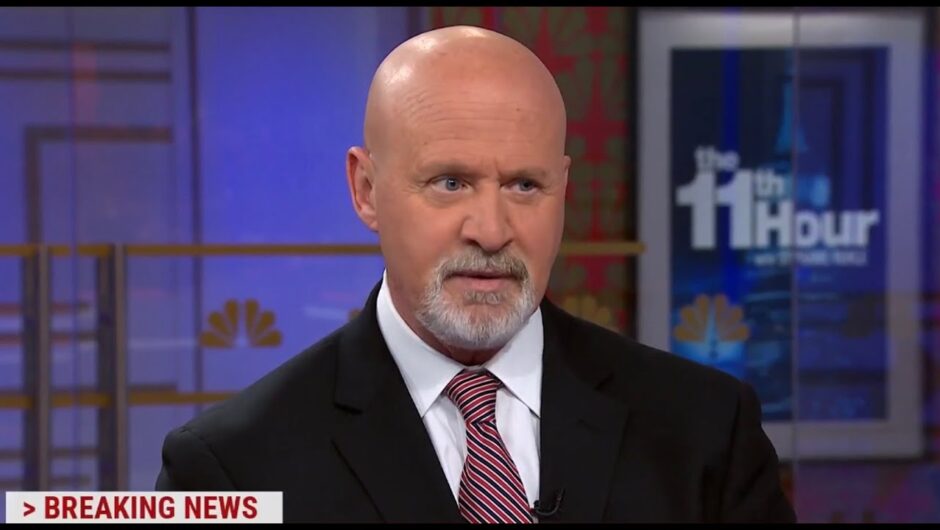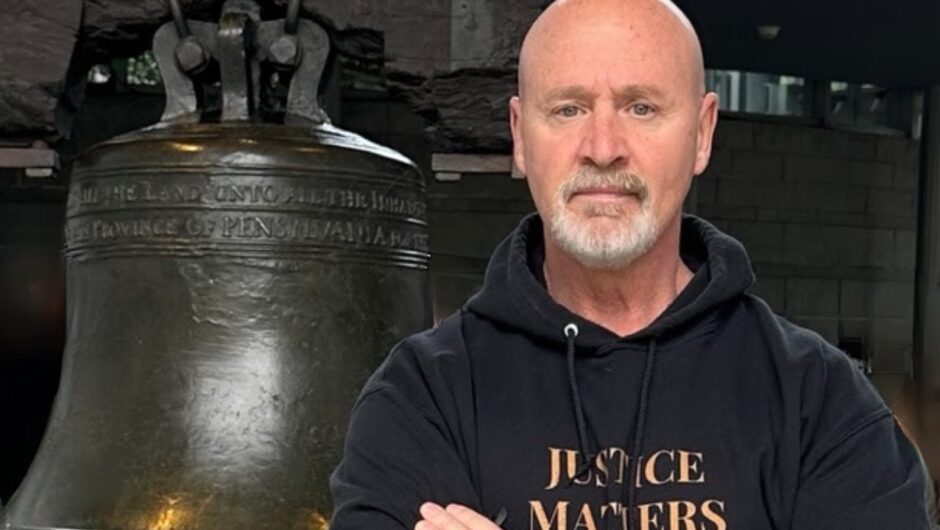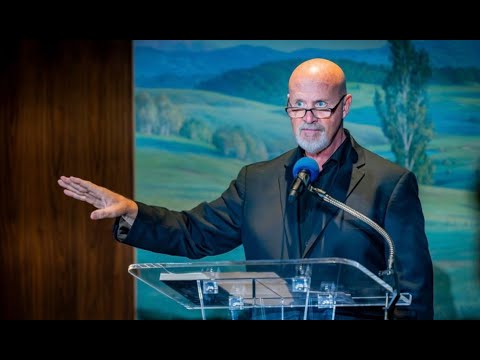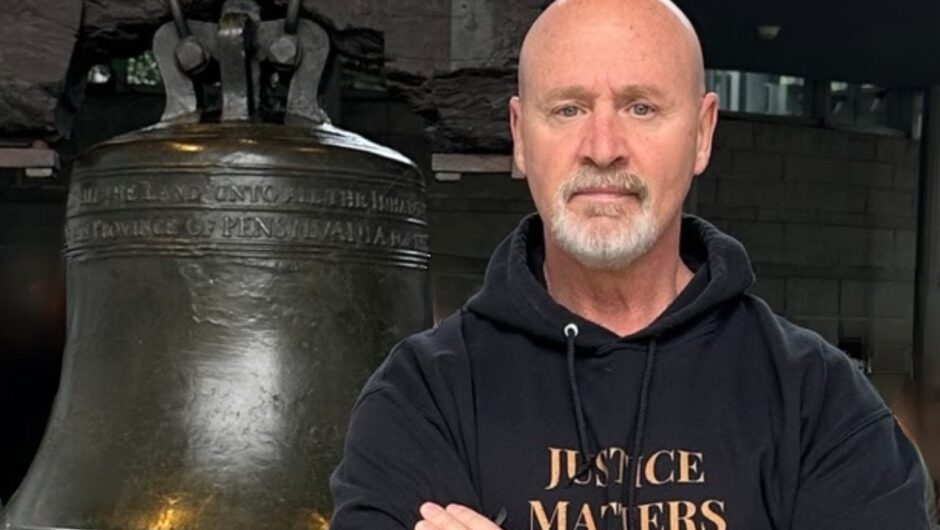Aged care advocates and providers have welcomed the release of the aged care royal commission’s damning final report on the sector after a two-and-a-half-year federal inquiry, but worry that the report’s 148 recommendations may not be effective without adequate accountability at the department level.
The Morrison Government on Monday announced it will spend $452 million to fix Australia’s aged care system in response to the report. The first recommendation is the creation of a new aged care act, coming into force no later than July 2023, to ensure older Australians receive high-quality support and care.
Other recommendations include new laws to protect the rights of elderly Australians and increased regulator powers.
Funding of $18 million will go towards tougher oversight of the government’s home care packages, $32 million will go to the Aged Care Quality and Safety Commission and more regulation on the use of restraints in care, nearly $190 million will go to residential care providers and $90 million is set to create a fund to help facilities facing financial challenges.
But some aged care organisations and advocates remain concerned there is a lack of clarity in the report around how the funding will be used into the future, and no specification that the $190 million for residential care providers must go on providing desperately-needed additional staff.
Aged and Community Services Australia (ACSA) CEO Patricia Sparrow praises the report for setting out a “far-reaching reform agenda” but says implementing the recommendations is a whole new challenge.
“We have to make sure that we now work to achieve that reform agenda because the absolute number one thing we want to do and want to see is that all older Australians can get the services they need when they need them,” Ms Sparrow told SBS News.
While she says she will need time to go through the specifics of the report, Ms Sparrow says she remains concerned about funding levels and the need to employ more staff.
The Royal Commission’s research showed that Australia spends 1.2 per cent of GDP on aged care while similar countries in the OECD spend on average 2.5 per cent.
“We know we need to employ more staff and pay them better and make sure they’re better trained,” Ms Sparrow said.
“There is no doubt a big resourcing issue that needs to be worked through along with a whole range of the reforms that have been implemented. As the government said today, it’s a start and that’s true … but it’s going to be absolutely critical that governments, parliaments and providers commit to the reform and fix it.
“We absolutely have to do it this time.”
Dr Sandra Iuliano, a nutritionist and senior research fellow at the University of Melbourne, has spent years studying the quality of food in aged care. The report has ear marked an extra $10 per resident per day to be spent on nutrition, which Dr Iuliano says is “fantastic”.
“That’s the biggest plus. It’s good that they’re recognising that more funding needs to provide better food for residents.”
But Dr Iuliano says it’s important to look at the dietary guidelines for older adults before budgets.
“We need to look at quality ingredients where possible, so fresh fish rather than fish that has been pre-battered and imported.”
If the budget doesn’t stretch, the extra $10 per day is “at least a good start”, she said.
Need for structural reform
CEO of Councils on the Ageing Ian Yates said the governance of the aged care system starts with the government, not with aged care providers, and that the Morrison Government needed to make structural reforms to ensure the recommendations can be implemented as quickly as possible.
“When it comes to the crisis consuming our aged care system, the royal commissioners are unanimous in identifying the issues of neglect, abuse, indifference and poor leadership,” Mr Yates said in a statement.
“It’s now the federal government’s job to map out the structural reforms needed to build a safer, accessible and transparent system in an accountable way.”
Mr Yates said the government would need to boost staffing levels at the department level and “performance measures” would be needed to hold departmental heads accountable.
“I would be hoping that the PM sets some performance measures for both the secretary and the new proposed associate secretary of getting those things done within a very short number of years,” he told the media on Monday.
Mr Yates also voiced concerns around the lack of specifications around staffing levels at residential care providers.
“We are concerned about giving a couple of hundred million dollars to residential care providers without requiring that … [this] is being spent on staff. Because that is what we want,” he said.
Shadow aged care minister Clare O’Neil said while she wasn’t yet able to comment on the specifics of the report, she was “really concerned” about what the Morrison Government would do with the commission’s findings.
“They are good at saying the right things about how they respect old Australians and then they go into a cabinet room and cut funding from this critical sector and look surprised when things go wrong,” Ms O’Neil told reporters on Monday.
“I would like to hear less from Scott Morrison of a person receiving aged care services and more about what he will do about this problem and what he has done about this problem over the last five years.”
Federal opposition leader Anthony Albanese has previously criticised the Morrison Government over spending cuts, huge wait lists and chronic understaffing, malnutrition and neglect in the aged care sector. On Monday he lambasted the government for treating aged care like a political problem, saying its announcements following the final report didn’t “create confidence”.
“This isn’t how you create confidence that you actually want to fix aged care,” Mr Albanese tweeted on Monday.
“They’re still treating this like a political problem. It’s not. This is about decency and respect. Older Australians and those who love them deserve nothing less.”
Bupa is one of Australia’s largest aged care providers. Bupa ANZ CEO Hisham El-Ansary welcomed the report on Monday as a “once-in-a-generation opportunity to come together and commit to providing older Australians with the high-quality care and dignity they deserve, now and into the future”.
But he said one of the biggest challenges will be ensuring the recommendations result in “genuine and lasting difference” as Australia meets the needs of an ageing population.
“Recent investment in the sector has supported people who increasingly want to stay in their homes for as long as possible, but we also need to recognise that residential care homes remain an important adjunct for many Australians,” , Mr El-Ansary said in a statement.
“As our population ages and care needs increase, residential care is often the only option for many.”
The Australian Human Rights Commission urged the government to embed the human rights of older people in the planning, provision and monitoring of aged care services in Australia.
“Older people have the same human rights as everyone else in the community, irrespective of whether they are receiving care in their home or in an aged care facility,” said The Hon Dr Kay Patterson AO, Australia’s Age Discrimination Commissioner.
“While there are many aged care services that do great work, the Royal Commission report shows that there is a systemic issue with ageism in the sector. Ageism undermines the human rights of older Australians and is an obstacle to achieving an aged care system that respects and supports human rights.”
“At its worst, we have seen during the Royal Commission how discriminatory attitudes towards ageing can contribute to trivialising, excusing or justifying elder abuse.”
Like this story? Here’s where else you can find SBS News content and follow us:
SBS News website: Save our website sbs.com.au/news as a favourite.
SBS News app: Download our app from Apple’s App Store or Google Play and subscribe to the alerts.
SBS News newsletters: Get the latest delivered to your email inbox by subscribing here.
Apple News: Follow the SBS News channel here on an Apple device.
Twitter: Follow us at twitter.com/SBSNews
Instagram: Follow us at instagram.com/sbsnews_au
YouTube: Subscribe at youtube.com/c/sbsnews
TikTok: Follow us at tiktok.com/@sbsnews_au
Reddit: Join us at reddit.com/r/sbsnewsau
SBS also publishes news in 68 languages online and on radio. Find your language at sbs.com.au/language.
You can also find stories from Dateline, Insight, The Feed and NITV on their websites and social media platforms.

